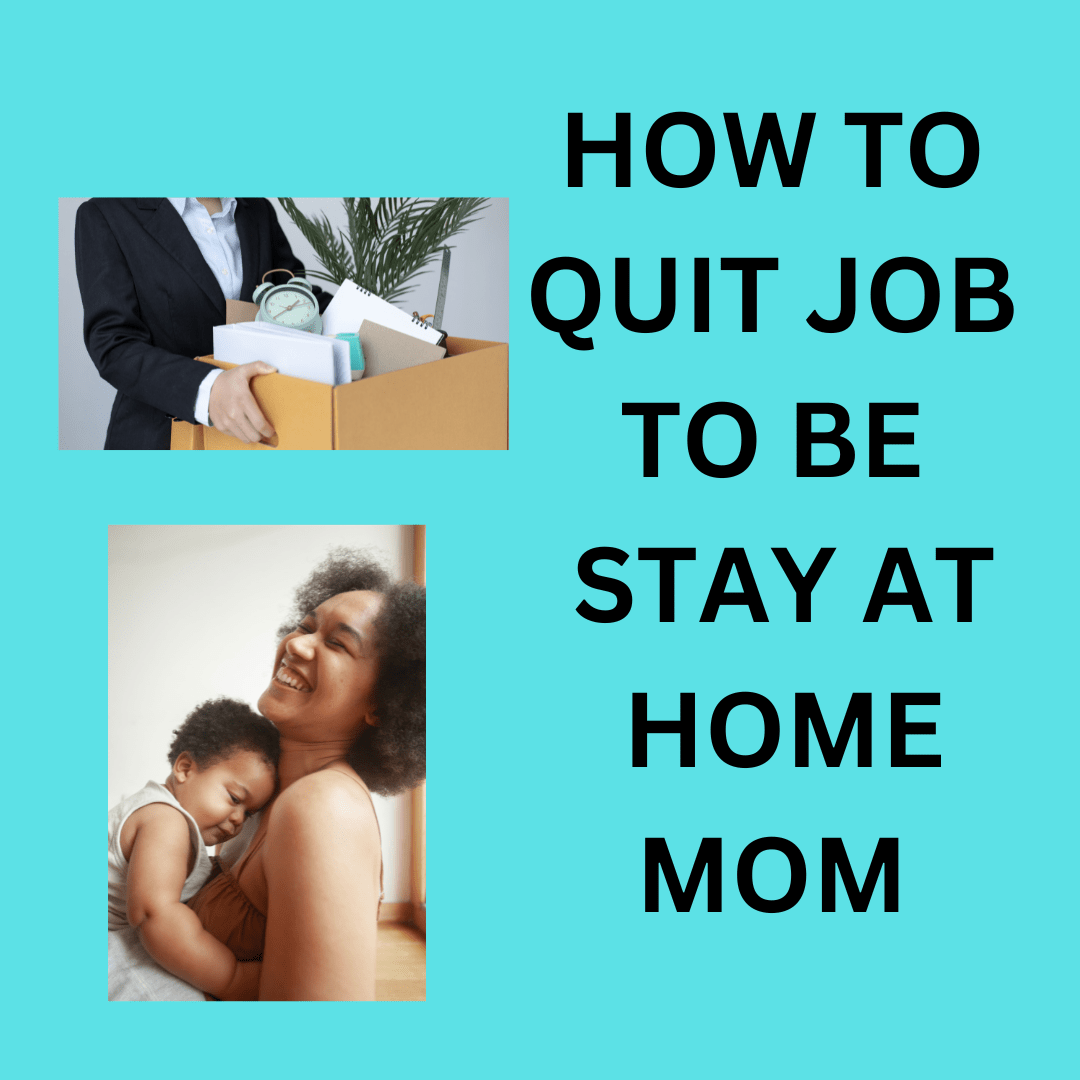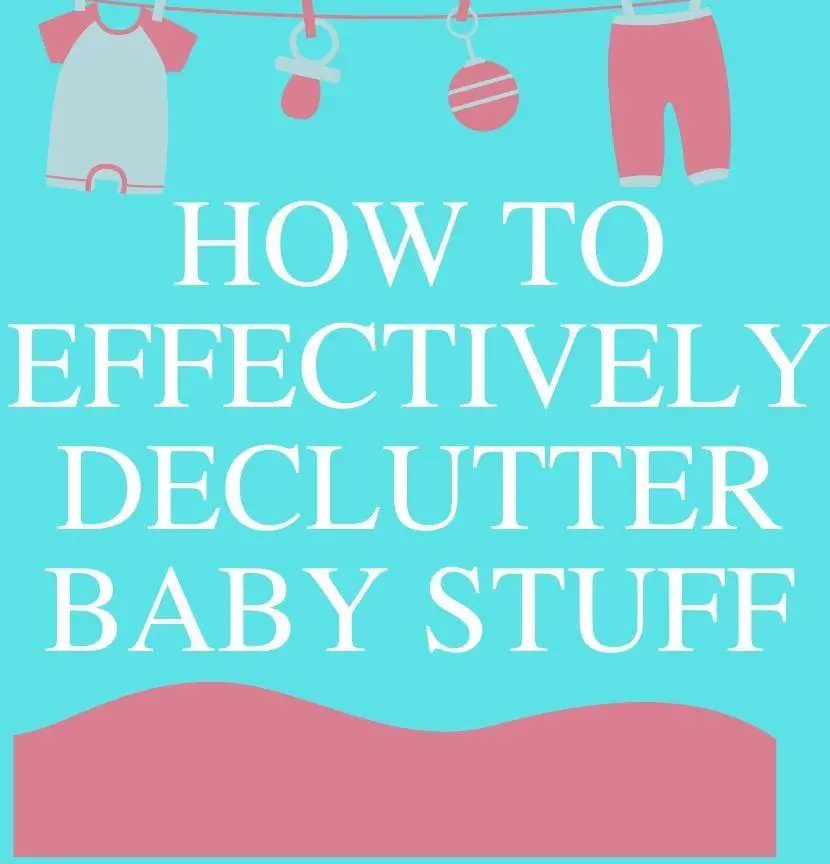Having no one to leave your child with when you have an errand to run can be limiting. Parents are sometimes tempted to leave the children alone at home, especially if you estimate you will only be gone for a few minutes.
Also, it can be the only option if it is not practical or reasonable to take the child with you where you want to go. However it is not safe to leave old child alone if they are younger, there are many kid together, baby is sick, the house is unsafe, the location is unsafe, there is high risk for safety, you are going for long, there are no security features and if it illegal in your area if your child is under the stipulated age.
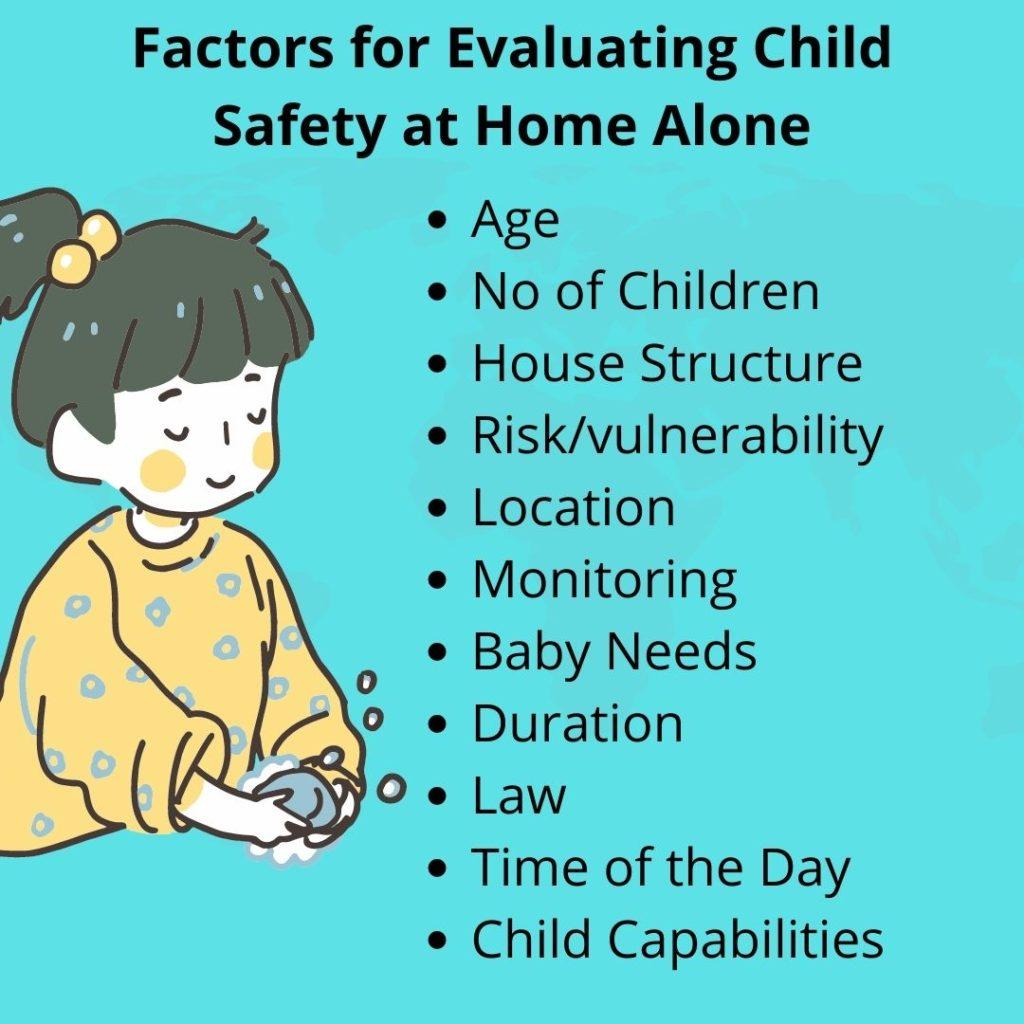
How to Evaluate Safety of Leaving Child Alone At Home
1. Age: Not Safe to Leave Young Babies Alone
Your child’s age will matter a lot in evaluating if it is safe to leave them alone at home or not. Older children, in most cases, are safer to leave home alone than younger children. However, the child’s age is only a relative factor, as there are other more significant determining factors.
2. Number: Too many Kids Complicates Safety
The number of children you are leaving at home alone also matters how safe they will be alone. Multiple children are more unsafe to leave than one child.
It is because their activities many add on to other factors creating safety issues. It is primarily a concern if you leave one child in charge of the other children as the situation may run out of hand.
3. Structure of the House
The house’s features and structure also illustrates its safety. A house that is too small and has a low reach of hazardous material is less safe. Also a small house has a high risks of falls, injuries among others.
A house that is safe to leave kids alone in has space that allows unsafe or dangerous items and materials to be kept away from the reach of children. Hence consider if your house is safe before leaving your child alone there.
4. Risk and Vulnerability
The child’s safety alone depends on the risk and how vulnerable they are. If there are high risks of falls, items falling, electric shock, or vulnerability of home breakers, among others, leaving any child alone at home is unsafe.
The vulnerability to insecurity as factor may also advise if the situation is safe enough to leave one child in charge of other children.
5. Location of your Home – Some are Safe than Others
The location of your house may also indicate how unsafe or safe your child may be alone at home. If you live within an area where the rates of crime are considerably high, your child is unsafe. Your child may become a victim of assault, kidnapping, or other crimes.
On the other hand, if you live in a safe neighborhood, your child may be safer. If you are on good terms with a neighbor who can look out for you while you are away, then your child may be safer.
6. Monitoring Systems Makes Homes Safer
The safety of children has been enabled by technology. Things such as a baby monitor or nanny cameras allow us to monitor the child’s situation even when away from them. If you have these systems installed and working, they increase the chances of safety for your baby should you need to rush somewhere.
These items allow you to virtually monitor your home for any danger until you can physically return. Hence they may make it safer to leave your child alone at home.
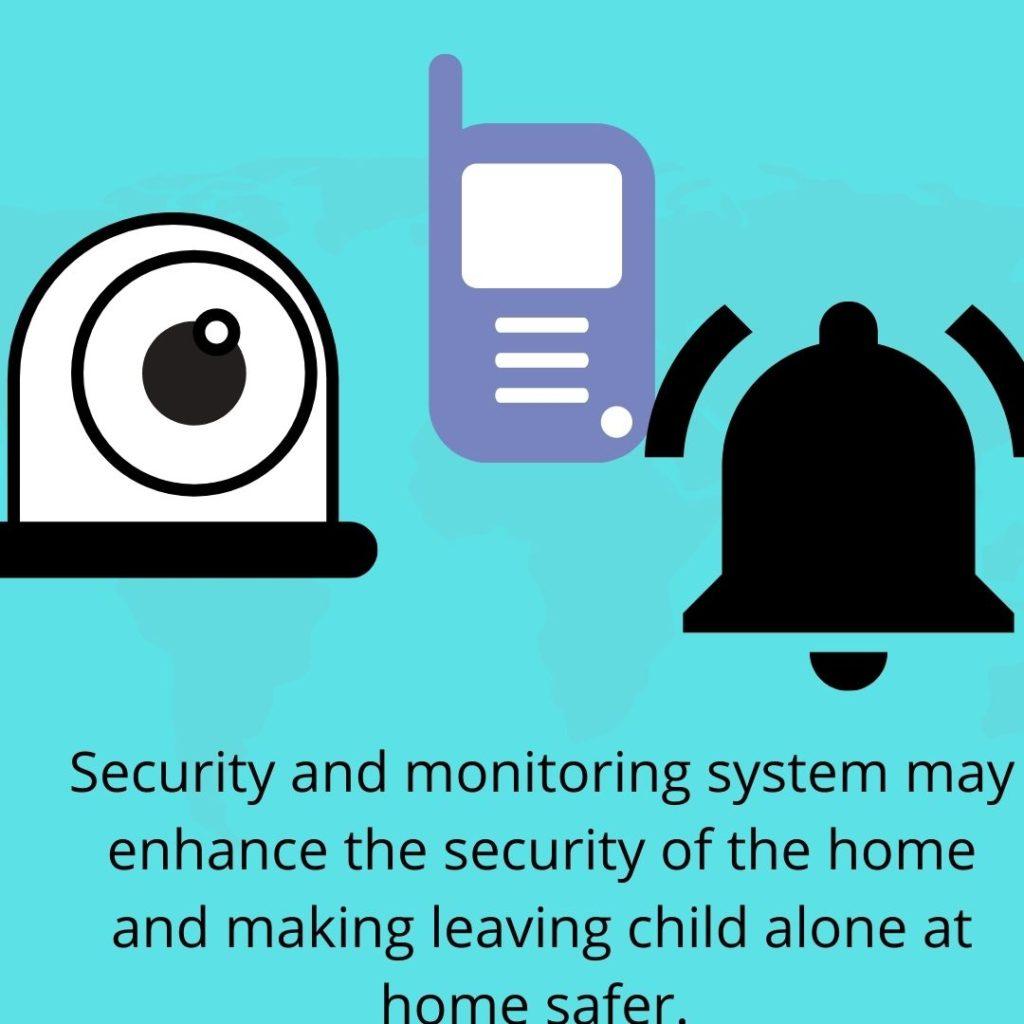
7. Needs Of Your Baby – Dont Leave Sick Babies Alone at Home
Your baby’s needs are a high factor you will need to consider before leaving your child alone. Some babies are more vulnerable when left alone because of the special care they need. If your child is sickly and needs special care, it may not be safe to leave them alone at home at any given time.
If your child’s mobility is limited, it is not safe at all. Some babies may not have the capability to be left alone in charge of other babies if they are incapable of looking after themselves.
8. Law – What Age of Child is Legally Allowed
Depending on where you live, there may be a law regulating how old a child needs to be left alone at home. Different states will have different legal ages for this. Check into your area and what the law says.
Coincidentally in most cases, the legal age to safely stay home alone is the same age to be left alone in charge of other siblings. It is illegal to leave a child alone at home if the child is under the stipulated age. There are legal consequences of leaving such a child alone at home as you can be charged for neglect.
Further, your child may be in danger that may lead to fires, injuries, illnesses, or even death, among other consequences. It would be best to never leave a child alone at home when it is not safe as there is a high risk of many negative consequences.
9. Duration- Safe if Short Absence
The length of time you consider leaving your child at home also matters a lot. It is safer if you leave your child for a few minutes than a stretch of hours. A high duration significantly increases their risk and vulnerability to harm.
It is safer to leave more minor children for the shortest time and okay for longer lengths for older children. For instance, leaving your child alone for a whole workday may be too much and unsafe.
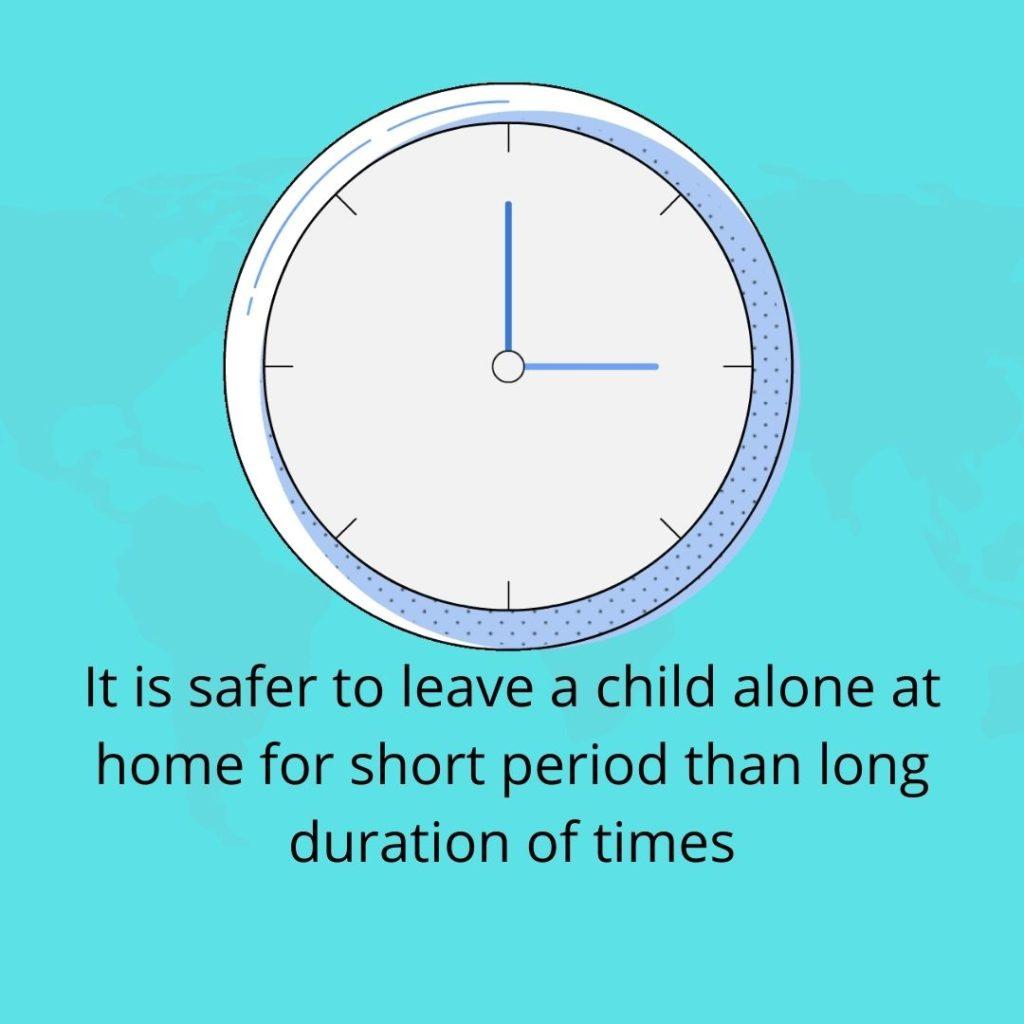
10. Time of Day- Day is Safer than Night
Also, the time of the day you plan to leave your child alone at home also matters. It is safer during the day than it is during the night. As such, it is not recommended to leave a child alone at home at night.
11. Child Capabilities
Some children are more capable of staying alone for a couple of hours than others. It has to do with the level of responsibility, accountability, and reliability they display. They include if your child can make some reliable decisions pretty quick, with direction.
If your child can text and follow instructions and ask for help if needed, they are safer to leave alone at home than one who can’t. If your child is likely to engage in dumb stunts, it is not safe.
Kids mature at different ages, so you may have a younger child who can be trusted to stay alone at home for a while and another older one who is absolutely not capable of being left alone safely.
What Age of Child Is Safe To Leave Alone At Home
Most states and areas with laws on this area range from 6 to 14 years old. It typically means you can safely leave a child of minimal age of 6 years old in some states all the way to a 14-year-old in other states.
You should never leave a 1-year-old, 2-year-old, 3-year-old, 4-year-old, or 5-year-old home alone.
Other states do not define an age at which you can leave a kid home alone. Therefore you have to put a lot of factors into consideration in deciding if your child is old enough to leave alone at home.
In addition to the child’s ages, consider the above-discussed factors such as risk, location, child health, child abilities, and possible hazards, among others. Even if your child is of legal age to leave alone at home, do not do so if there is a high risk or vulnerability for the child.
Questions to Assess if your Child is Capable of Staying Home Alone
- Is your kid mentally able to stay at home for hours alone?
- Does your child have a way to be in immediate contact in case of an emergency?
- How far away from home will you be?
- Would you be able to come home immediately if the situation required you to?
- Do you have neighbors they could ask help from?
If you can comfortably answer yes to the above questions, then it is safe to leave your child alone at home.
If your kid is brilliant, a quick problem solver, and doesn’t get into much trouble, then at the age they display these traits may be a good time to start easing them in a new responsibility of taking care of themselves alone for a bit and then start leaving them alone at home.
Precautions and Safety Rules when Leaving Child Alone at Home
Should you have an emergency need and must leave the child, you need to take the following precautions;
- Let one other person know that you are leaving a child alone at home and where you are going. State where the child and what they are doing, e.g., playing in the playroom, sleeping in the baby room etc.
- Take a means of virtually monitoring the baby with you. It may be a baby monitor or a way to virtually logging to see security systems
- Remove the child from possible areas of hazard- possibly lock the rooms
- Remove any possible source of injury from within access of the child
- Have your child take a “home alone course.” It teaches the children basic safety and what to do in an emergency when alone at home. It will make you more comfortable about leaving your kid alone at home.
- Teach your child about fire safety which covers basically what to do in case of fire break out at home when they are all alone
- Teach your child about emergency numbers. They should know who to call in case of any emergency. Have several contacts of different people to reach when they cannot get the first person. The list can include family, friends, police, and hospitals.
- Leave your child with a means to communicate to you or anyone else should there be an emergency. It can include a mobile phone or access to a home phone. Ensure the phone has enough airtime. Also, save the emergency numbers on the phone. It will make it easier for them to reach you or anyone in case of an emergency.
- Have your child understand that she/she should not open the house to strangers. This is except for the police or other agents who may attend to the situation in an emergency. Other rules to set include no cooking, no answering the phone, etc.
- It also helps to have a smart and protective dog. It helps your child feel more comfortable and secure. Further, the dog will come in handy to protect your child from strangers.
- Set up essential safety rules for your home. The safety rules highly depend on the above-discussed factors, such as the structure of the house, exposure to hazards, among others. Standard safety rules may include turning off main supplies for water, covering all electric outlets, disconnecting all kitchen appliances, etc.
- Execute all these safety rules for your house before leaving your child alone at home.
- Turn on all security systems for the house before you leave. It may include security cameras, intruder alarm systems, smoke detectors, and others. The systems will go a long way into detecting danger and intrusion and alert you or the relevant authorities to reach out.
Related Articles
Reasons to Take Older Child to Daycare when you are in your Maternity Leave
How to Encourage Long Independent Play in Toddlers


